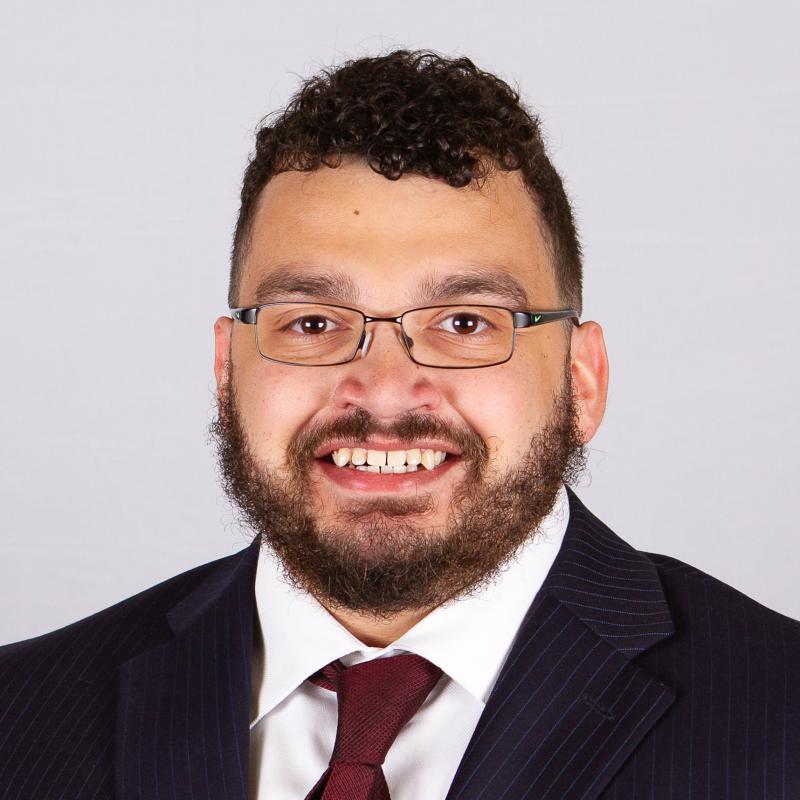
Danny Martinez Swalley
by Kala Mueller
In 2020, the American Bar Association, in coordination with a number of U.S. law schools, established the Legal Education Police Practices Consortium. The University of Nebraska College of Law is one of four Big Ten law schools, and 52 nationwide, participating in the effort. Josephine Potuto, Richard H. Larson Professor of Constitutional Law, is serving as Nebraska’s consortium representative.
Organized and housed within the ABA Criminal Justice Section, the Consortium will contribute to the national effort to examine and address legal issues in policing and public safety, including conduct, oversight, and the evolving nature of police work. The Consortium will leverage the ABA’s expertise in developing model police practices and that of participating ABA-accredited law schools to collaborate on projects to develop and implement improved police practices that will better promote public safety and racial equity.
For the 2021-22 academic year, each participating law school chose one law student to engage in the project as a Consortium Fellow. In coordination with their law school, each fellow has identified one theme of pressing need to be addressed within their local police departments.
Danny Martinez Swalley, a second-year student, was chosen to serve as this year’s Consortium Fellow for the College of Law. Martinez Swalley, who is currently working as a law clerk with the Lancaster County Public Defender’s Office, said his interest in the Consortium stems from the same reason he chose to attend law school: “I wanted to engage with police policies and try to help with reform. I think it’s a really important part of making our justice system more equitable.”
One goal of the Consortium is to establish a database of policies and procedures that police departments are using. Martinez Swalley said he will be focusing on new hire training and continuing education requirements for police officers and whether departments should implement legal or social services training to better serve their communities.
Although still in its early stages, Martinez Swalley said, “Hopefully, this project is the start of a conversation that can address people’s worries about policing and their role in protecting and serving our communities.”